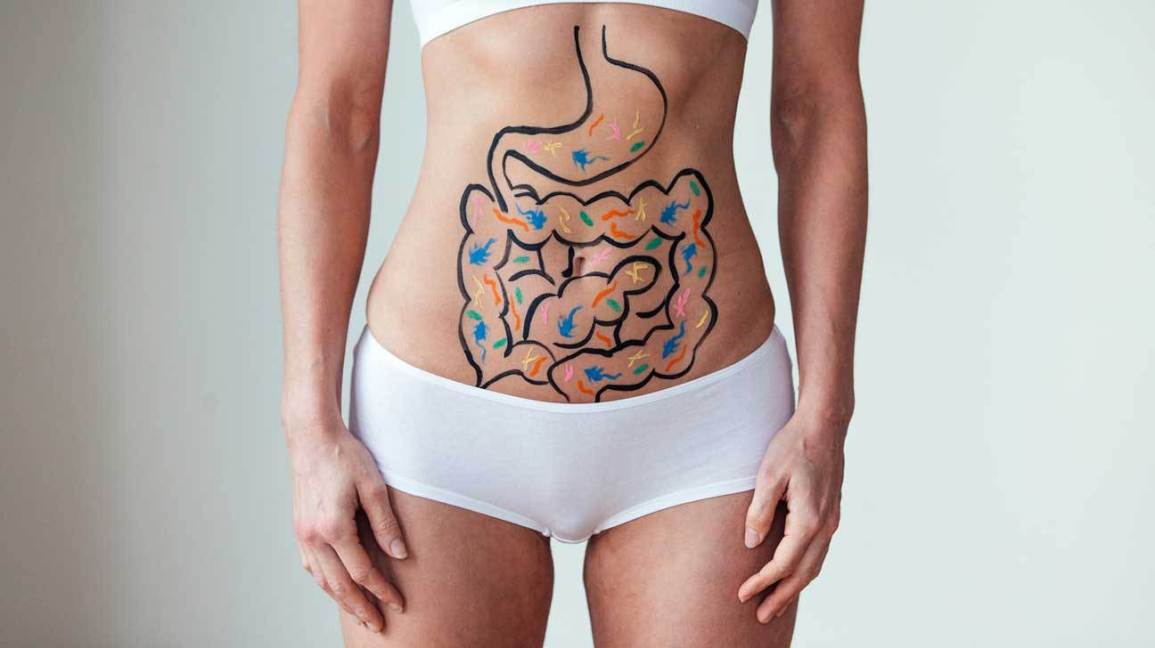
What to Know About The Leaky Gut Syndrome
Leaky gut syndrome is a digestive condition that affects the lining of the intestines. Under the effects of a leaky gut, gaps in the intestinal walls allow bacteria and other toxins to pass into the bloodstream. While there are doctors and healthcare professionals who do not recognize leaky gut as a diagnosable condition, current scientific evidence suggests a leaky gut may contribute to a range of medical conditions.
THE MECHANICS OF A LEAKY GUT
Inside our bellies, we have an extensive intestinal lining covering more than 370 square metres of surface area. When working properly, it forms a tight barrier that controls what gets absorbed into the bloodstream. An unhealthy gut lining may have large cracks or holes, allowing partially digested food, toxins and bugs to penetrate the tissues beneath it. This may trigger inflammation and changes in the gut microbiome (good bacteria) that could lead to problems within the digestive tract and beyond. There are many studies today that show that modifications in the intestinal bacteria and inflammation may play a role in the development of several common chronic diseases and conditions. These diseases and conditions include irritable bowel syndrome (IBS), Crohn’s disease, celiac disease, chronic liver disease, diabetes, food allergies and sensitivities, and polycystic ovary syndrome. Yet, interestingly, there are also sceptics who argue that increased intestinal permeability is a symptom of chronic disease, rather than an underlying cause.
WHO MIGHT SUFFER FROM A LEAKY GUT?
While we all have some degree of leaky gut (the barrier is not completely impenetrable), some of us may have a genetic predisposition and may be more sensitive to changes in the digestive system. However, genetics is not the only factor at play. The modern lifestyle may actually be the main driver of gut inflammation. There is emerging evidence that a diet low in fibre, and high in sugar and saturated fats may initiate and quicken this process. Heavy alcohol use and stress also seem to disrupt our gut’s balance. So in effect, a lot more of us could be at risk than we realise due to an unbalanced diet.
SYMPTOMS OF A LEAKY GUT
Leaky gut shares many of its symptoms with other health conditions. This can make the condition difficult for doctors to identify. Some of the common symptoms of leaky gut include chronic diarrhoea, constipation or bloating, fatigue, headaches, difficulties in concentration, skin problems such as acne, rashes or eczema, joint pain and possible widespread inflammation.
THE PATH TOWARD A HEALTHIER GUT
An initial step to take toward a healthier gut is to remove foods that can be inflammatory and could result in negative changes in the gut flora and eating a diet rich in foods that aid the growth of beneficial gut bacteria. Below is a list of some foods that can help us to improve our gut health.

EAT MORE OF:
Vegetables: Broccoli, Brussels sprouts, cabbage, carrots, kale, eggplant, beetroot, spinach, ginger, mushrooms and zucchini
Roots and tubers: Potatoes, sweet potatoes, yams, carrots, squash and turnips
Fermented vegetables: Kimchi, sauerkraut, tempeh and miso
Fruit: Coconut, grapes, bananas, blueberries, raspberries, strawberries, kiwi, pineapple, oranges, mandarin, lemon, limes, passionfruit and papaya
Sprouted seeds: Chia seeds, flax seeds and sunflower seeds
Gluten-free grains: Buckwheat, amaranth, sorghum and gluten-free oats
Healthy fats: Avocado, avocado oil, coconut oil and extra virgin olive oil
Fish: Salmon, tuna, herring and other omega-3-rich fish Meats and eggs: Lean cuts of chicken, beef, lamb, turkey and eggs
Cultured dairy products: Kefir, yogurt, Greek yogurt and traditional buttermilk
Beverages: Bone broth, teas, coconut milk, nut milk, water and kombucha
Nuts: Peanuts, almonds and nut-based products such as nut milks
The following list contains foods that may harm healthy gut bacteria as well as some that are believed to trigger digestive symptoms, such as bloating, constipation, and diarrhoea.
EAT LESS OF:
Processed Meats: Cold cuts, deli meats, bacon, hot dogs
Baked Goods: Cakes, muffins, cookies, pies, pastries, pizza
Snack Foods: Crackers, muesli bars, popcorn, pretzels
Junk Food: Fast foods, potato chips, sugary snacks
Artificial Sweeteners: Aspartame, sucralose, saccharin
Beverages: Alcohol, carbonated beverages and other sugary beverages

BEYOND THE DIET
Beyond dietary changes, you can also take in more probiotics supplements to boost your beneficial gut bacteria. Some healthy lifestyle changes can also help you to improve your digestion and support a healthy gut. These include exercising regularly, getting adequate sleep/rest, better stress management/relaxation, avoiding the unnecessary use of antibiotics and last but not least, quitting smoking. Fixing a leaky gut requires a multi- pronged approach that may take some time to see the results. So make the necessary lifestyle and dietary changes for a healthier gut. This will eventually translate into a healthier body and a healthier you.










